Challenges abound in tackling casual racism in Singapore society
Casual racism refers to speech and behaviour that conveys negative stereotypes and prejudices about other races, said an expert.
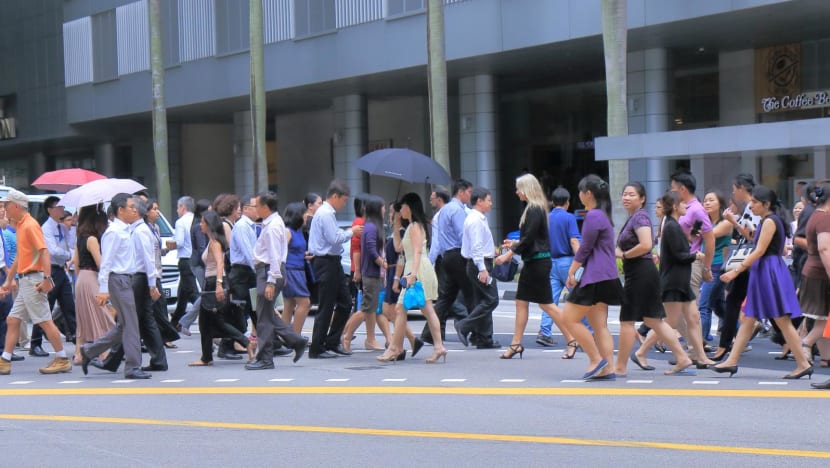
SINGAPORE: While casual racism is taken more lightly in the current generation, the issue is still something that needs to be addressed, according to stakeholders and experts.
The change should come at the society level, with greater education and awareness raised towards the issue, rather than through the introduction of legislation, they told CNA’s Heart of the Matter Podcast.
The topic of casual racism took the spotlight last month, when Law and Home Affairs Minister K Shanmugam delivered a detailed ministerial statement in Parliament regarding a young police officer who took his life, after accusing his colleagues and superiors of racial discrimination and workplace bullying.
While not all the allegations were true, Mr Shanmugam had said: “Cases involving racial slurs or casual racism will be investigated as possible misconduct, as a disciplinary breach.”
WHAT IS CASUAL RACISM?
Dr Mathew Mathews, head of the Institute of Policy Studies Social Lab at the National University of Singapore (NUS), said that casual racism refers to speech and behaviour that convey negative stereotypes and prejudices about other races.
“You pick up some kind of cultural differences within people's dress or style of doing something, and then you kind of poke fun at it, often in subtle ways (and) not very explicitly in your face. But the undertone is clearly there (and) clearly the recipient recognises it,” he explained.
“There may not be malicious intent, but ultimately it's the recipient who then has to recognise or feel the sense that somehow or another, his identity as perhaps a minority person has been accentuated in a particular way, which is negative.”
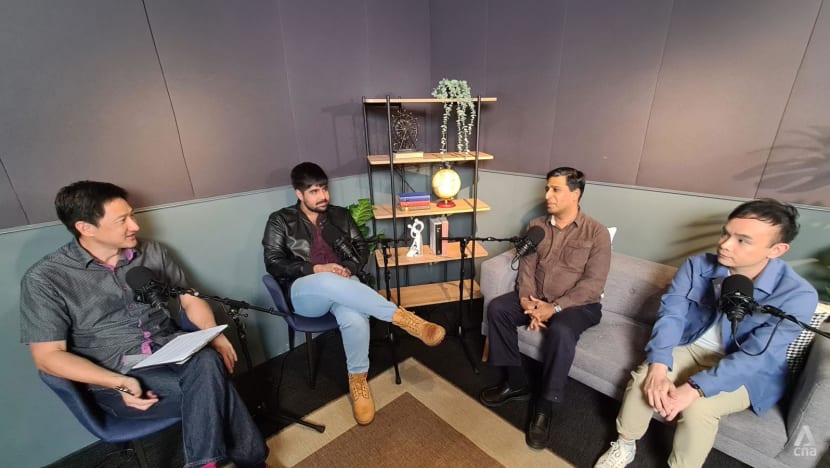
Dr Mathews said that casual racism is “very contextual” and that it is “the community of recipients who ultimately arbiter this”.
Yale-NUS College undergraduate Aamir Bana said that his generation may have internalised some of the racial stereotypes from their parents’ generation and perpetuated them in their own interactions.
For instance, he has witnessed parents disciplining their children using racial stereotypes, he said.
“I heard a Chinese lady scold her child and said, ‘the ‘Bangla’ men will come and find you’,” he shared.
“That very afternoon, I was at religious class and then one of my aunts was scolding her child and said, ‘If you don't behave properly, Mr Tan will come and catch you’.”
CHANGE IN PERCEPTION OF IDENTITY
Mr Bana said that for the younger generation, the emphasis on racial identity is slightly different from the previous generation’s.
“From my own interactions, I've seen for the older generation, their identity is centred around their culture, their language. It’s less so with the younger generation, where there is this sort of homogenised Singaporean identity,” said the 25-year-old, who is Indian Muslim.
The other elements such as race, religion, culture, even belonging to a minority status, only come after that, he said.
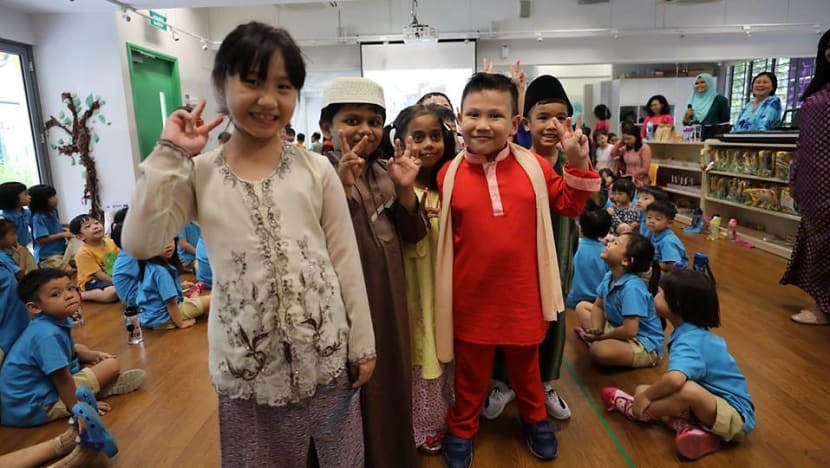
However, this does not necessarily mean that younger people are less racist, said Mr Bana.
“For people who have experienced casual racism, very few actually voice out, and speaking from personal experience, sometimes you just take it on the chin or you laugh it off. You believe that the other person did not mean you any malice (and) it was out of ignorance,” he said.
He said that racism exists on a spectrum, from casual racism to overt and maliciously intended racism, but that they are all similarly borne out of ignorance.
Mr Bana however noted there is a danger that letting someone off for making a casually racist comment somewhat gives them permission to go and do the same to other people, as they may claim that “my friend was not offended”.
TACKLING CASUAL RACISM IN THE WORKPLACE
When it comes to dealing with instances of casual racism in the workplace, employers should first ascertain whether there is a repeated pattern, said Mr Jerviel Lim, head of people and culture at game studio Tatsu Works.
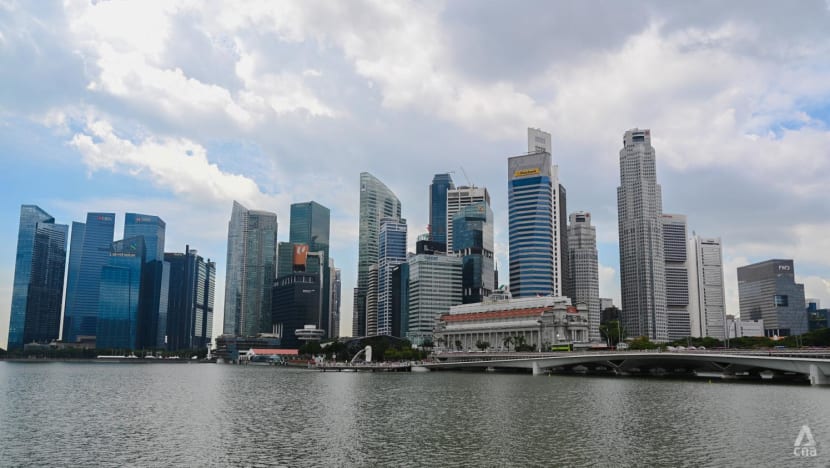
This is to ensure they do not "make a mountain of a molehill", he said.
If colleagues approach him with such complaints, he always finds out the setting and context in which the comments were made, based on the “most generous assumption that, probably, that person didn't know that it wasn't funny”.
He said he has been advocating for people on the ground to tackle instances of casual racism on their own, instead of immediately escalating it to the human resource (HR) department.
“The reason why it is called ‘casual’ is because it's happening anytime. HR is not there to police all the pantry conversation, nor the managers themselves,” he said.
“So the colleagues themselves need to be equipped with the capabilities and the competencies to approach all these tough conversations.”
Dr Mathews said companies should provide training to help employees become more sensitive and aware that their words carry some effect, and they should be accountable for what they say.
"If the words we say, in some way or another, strike a certain tone to a potential recipient that they're being undermined or they're being judged based on their skin colour (or) their ethnic background, then we should think twice,” he said.

For minority employees who feel offended when colleagues communicate in another language in a group setting, that offence stems from the feeling of being left out, noted Mr Lim.
“But they probably didn't mean it as purposely trying to ostracise or sideline you. They probably do not know how to also include you in those conversations as well,” he said.
It is an issue which can be raised to a HR executive, who can then educate everyone on fostering inclusiveness in a workplace setting, said Mr Lim.
However, he noted that there are no concrete definitions on what casually racist remarks and behaviours look like, and that HR policies have to evolve over time in response to them.
“I think a lot of times we just set these policies that don't change for 10 years. But with social media right now that proliferates certain remarks and whatnot, I think HR policies also need to refine themselves over time,” he said.
It is essential to set clear boundaries on what is acceptable, and is something that may even strengthen relationships, said Mr Lim.
“Sometimes we feel that if someone sets clear boundaries, this person is too sensitive or whatnot,” he said.
“But I believe that being clear about your boundaries is being kind. That's how you become good friends, because (your colleague) probably started off with bad jokes and whatnot, and then realised over time that this is your boundaries. And I think at workplaces, everyone needs to be very mindful of each other's boundaries as well.”

Dr Mathews said organisations need to make it “unquestionable” that they do not stand for that kind of discriminatory behaviour, and to change their tone in terms of how they handle such matters.
“Will people become extremely concerned? Will they be very sensitive (and) always be on the edge with each other? Probably at the beginning. There will need to be some education about this,” he said.
“But over time, I think people will be conscious about the general issues and general areas they need to be careful about, and apart from that I think life will go on.”
LEGISLATION TO BUILD A MORE INCLUSIVE SPACE?
The guests also discussed if legislation is needed in order to improve the situation.
“I think there should be regulations in place to protect people, especially in the workplace, but not necessarily in a social setting,” Mr Bana said.
Instead, raising awareness of the existence of casual racism will allow individuals to eventually work it out themselves, he said, drawing parallels with the way women’s place in the workforce has evolved.
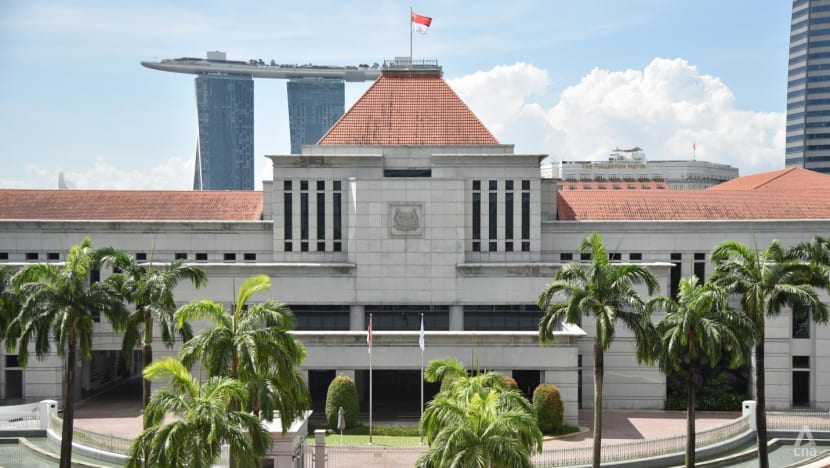
“I think we've seen great progress in terms of how women are treated in the workplace. Gone are the days where certain acts would be tolerable, simply because there were difficult conversations to be had,” noted Mr Bana.
Mr Lim said it is not possible to lay out every single law and try to catch everyone who commits casual racism, as it may inadvertently have a negative effect.
“We do not want the extreme side, where we just cancel each other. ‘Oh, you said something racist, so I'm going to cancel you’,” he said.
“You have to take it into context. So I think in the workplace, because relationships are professional (and) not all your colleagues are your best friends, you have to understand how to then operate professionally in the workplace setting at the very least.”
Dr Mathews said companies need to have formal policies reminding employees to be careful about making racist statements and that casual racism is not tolerated.
While it remains hard to define what is considered casual racism, having a general guideline and letting people know that there are potential penalties, makes people a little more careful, he said.
“In that sense, I do think you will get some commitment towards building a more inclusive space,” said Dr Mathews.
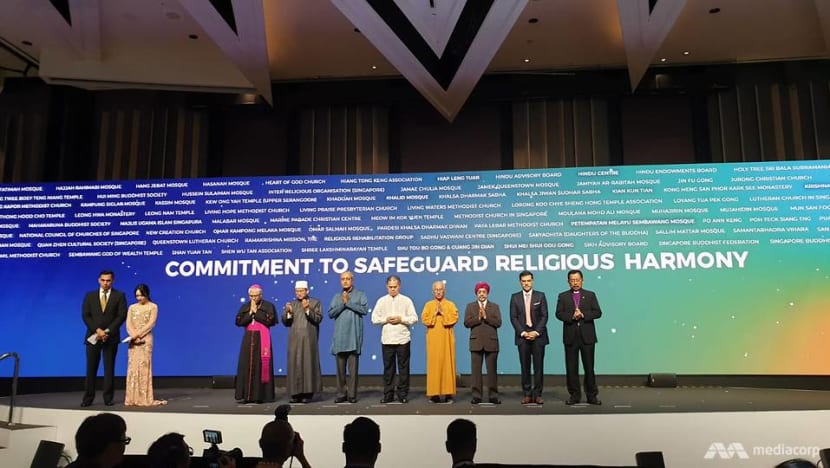
Mr Lim noted that racial discrimination goes two ways, and that all parties have to be conscious of their words and actions.
“A lot of times, we tend to think people should hold space for me. But we forget that we should hold space for others, meaning to say, we want people to respect us (and) not to make any racist remarks against us. But sometimes, you also forget that we should also not do that in return,” he said.
Dr Mathews said it is important to get people into groups and hold conversations about some of their experiences relating to casual racism.
“This is an exploration (and) it is a growth that people have,” he said.
“I think people should be open to that growth and recognising that perhaps there might have been blind spots, and perhaps some of the things and the ways we have interacted with our colleagues may really have conveyed something to them, which was less than who they really are as an individual.”














